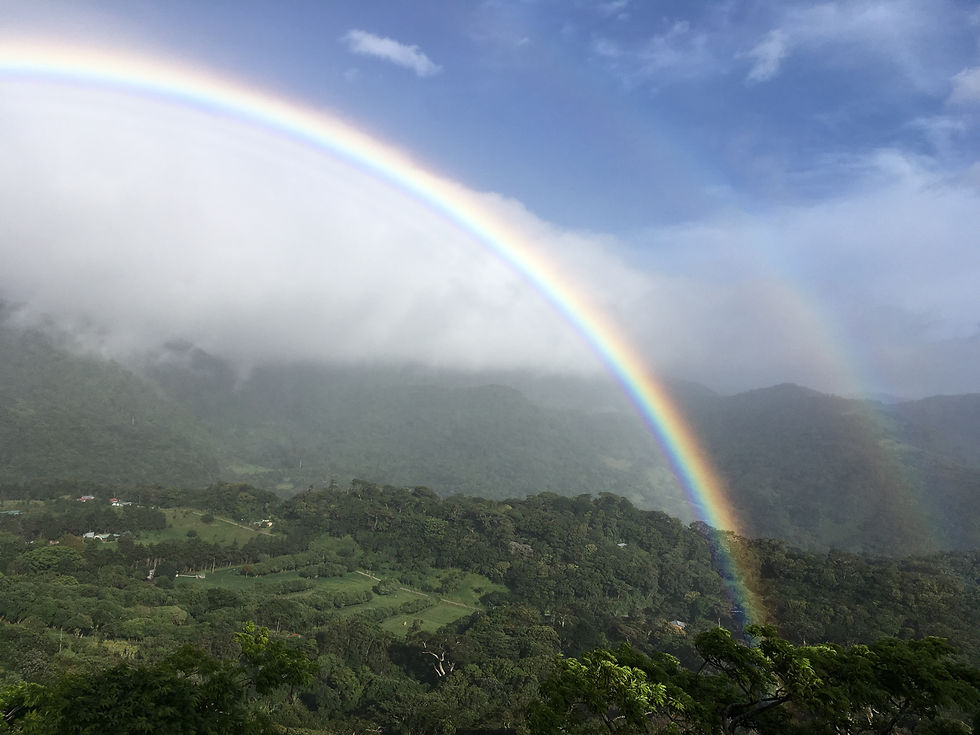
Immersion Program
One Health: Unlocking Human Microbiome Genetics with Comparative Bioinformatics
Seeds of Change Research seeks to train young bio-science students in comparative microbial bioinformatics to give them a leg up in this burgeoning field. Bioinformatics has emerged as the primary tool used in life science research, yet there has been a “continuing deficiency in this essential expertise…fueling demand for bioinformatics training across all educational levels and career roles”. Seeds of Change Research aims to fill this need in as many young bio-scientists as possible.
Students study microbial bioinformatics because microbes are central to all environments on the planet, drive biogeochemical cycles, and perform functions vital to all life forms through symbiotic relationships.
This field will be the driving force behind future bioscience jobs
as more research uncovers the correlations between DNA anomalies, diseases, life span, and plant attributes.

Student training manual
(50+ pages of guidance)

Blaser et al, 2016



Overall Itinerary:
Students arrive at Liberia airport, have lunch nearby and travel to Monteverde in time for dinner and orientation.
They spend 8 days developing and implementing their computational biology (bioinformatics) research projects. Adventure excursions are interspersed throughout the program. They will zipline through the cloud forest canopy, hike the Santa Elena Cloud Forest reserve, take a guided night hike, and learn about coffee production at a local family-run coffee plantation.
Students finish (2 days) on the Pacific coast to participate in sea turtle capture/tagging and release in the Santa Elena Bay.






Off-site Adventures:
Each day participants get a healthy break from science to do nearby breathtaking activities like:
-
Hiking to waterfalls, exceptional bird watching and potential sloth and monkey sightings
-
Zip-lining through and above the forest canopy
-
Horseback riding
-
Local coffee plantation tour
-
Night hike with naturalist
-
Sea turtle tagging and patrols




Host Amenities:
The Biology Station in Monteverde and an eco-tourism lodge within walking distance to the beach are two campuses SOC Research uses to house bioinformatics programs.
The campuses provide for all our needs. There are large classrooms with superb internet (needed for bioinformatics research), laundry service (for a fee), and a large dining area in both locations. The kitchen staff routinely adapt to diet preferences (gluten free, vegan, and vegetarian to name a few) and allergy-related requirements.
Students stay in groups of 3-4 students within earshot of chaperones.




